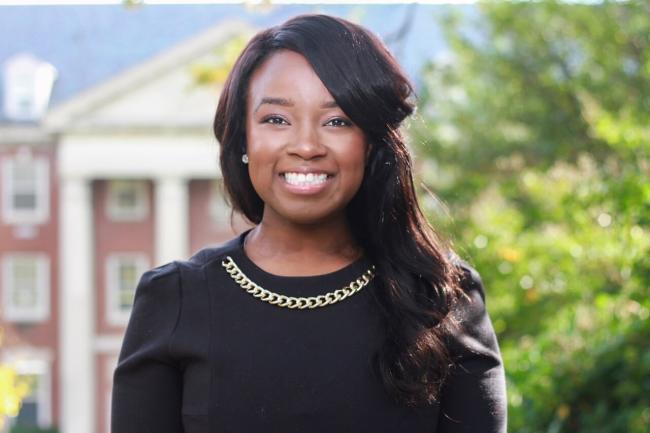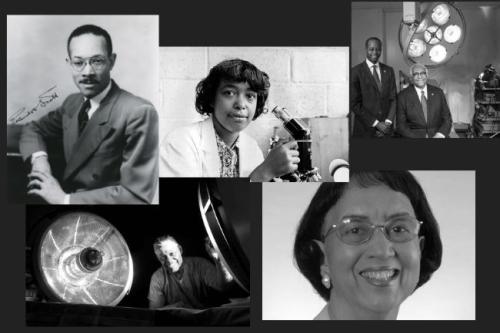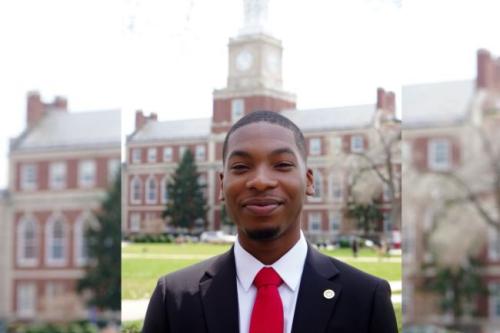Marie Plaisime (Ph.D. ’21) is a medical sociologist who was recently awarded the National Science Foundation (NSF) Social, Behavioral and Economic Sciences Postdoctoral Research Fellowship. She completed her doctorate in medical sociology at Howard University and is an alumna of the Robert Wood Johnson Foundation Health Policy Research Scholars program. She is pursuing her postdoctoral fellowship jointly with the NSF and the François-Xavier Bagnoud Center for Health and Human Rights at Harvard University. Plaisime is studying structural racism, racial bias and race-based medicine in medical education and clinical settings.
Q: What sparked your interest to pursue racial bias in medicine?
A: As an interdisciplinary health scholar and medical sociologist, I believe that it is critical to assess racism’s impact on the treatments, diagnostic tools, algorithms and assessments we use to evaluate marginalized patients’ health. My training at Howard has well prepared me for the next steps of my career.
Q: Explain your research examining medical education and race.
A: I am principal investigator on an NSF-funded project entitled, “Moving Beyond Bias: Structural Competency in Medical Education,” which seeks to enhance theories and methodological approaches on structural competency, bias and patient-provider interactions to reduce bias and race-based learning across medical institutions. I apply critical quantitative, computational and mixed methodological tools to detect, examine and quantify how structural racism in medicine jeopardizes health care delivery, access and quality. My research investigates the mechanisms through which health is racialized by examining racial bias, race-based medicine, algorithmic bias, social movements and health policy. My work assesses the complex interactions among physicians, nurses and patients in shaping health equity.
Q: What does this entail?
A: My study includes two phases to assess medical providers’ perceptions of structural competency pedagogy, race-based medicine and structural racism in medical education. Phase 1 examines medical students’ and residents’ training on racial bias and race-based medicine, especially among those identified as Black, Indigenous and people of color (BIPOC), women and persons with disabilities. Phase 2 assesses structural factors that impact provider recommendations. I hope that this research can dismantle the structural barriers that impact diverse communities.
Q: Why is this important to you?
A: As a first-generation Haitian-American woman, and as an interdisciplinary health scholar and medical sociologist, I believe that it is critical to assess racism’s impact on the treatments, diagnostic tools, algorithms and assessments we use to evaluate marginalized patients’ health. Howard University is the only historically Black college and university (HBCU) in the United States with a doctoral program in sociology.
Q: What do you hope you or the greater community will gain from your research?
A: I recognize the need for holistically healthier communities, and I am committed to being a part of systematic change that will result in inclusive and equitable health care. I firmly believe that by investigating the social dynamics that condition the culture of medicine, we can develop solutions to achieve optimal care for all.





